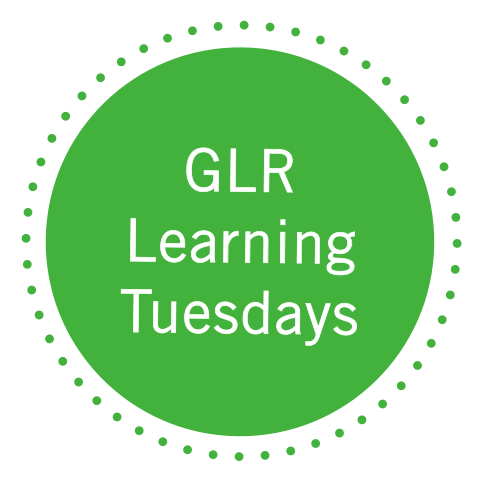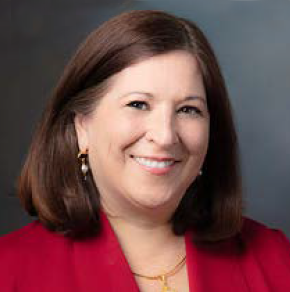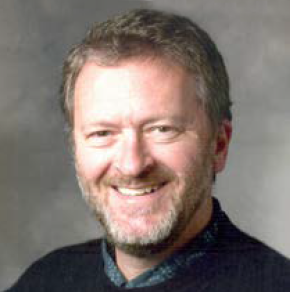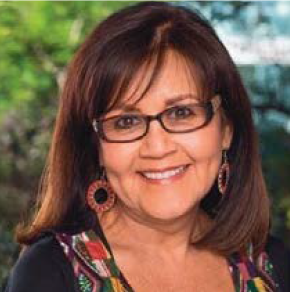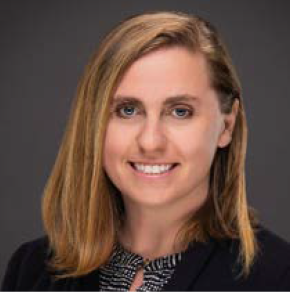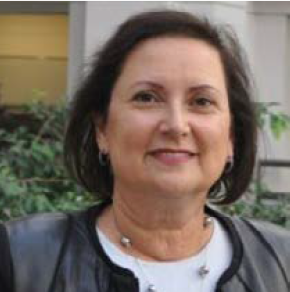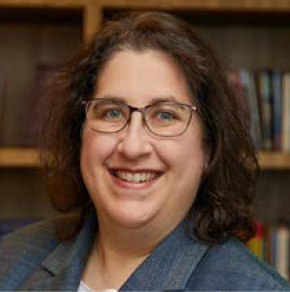
03:00 - 04:30 pm
The Science of Reading for Emergent Bilinguals
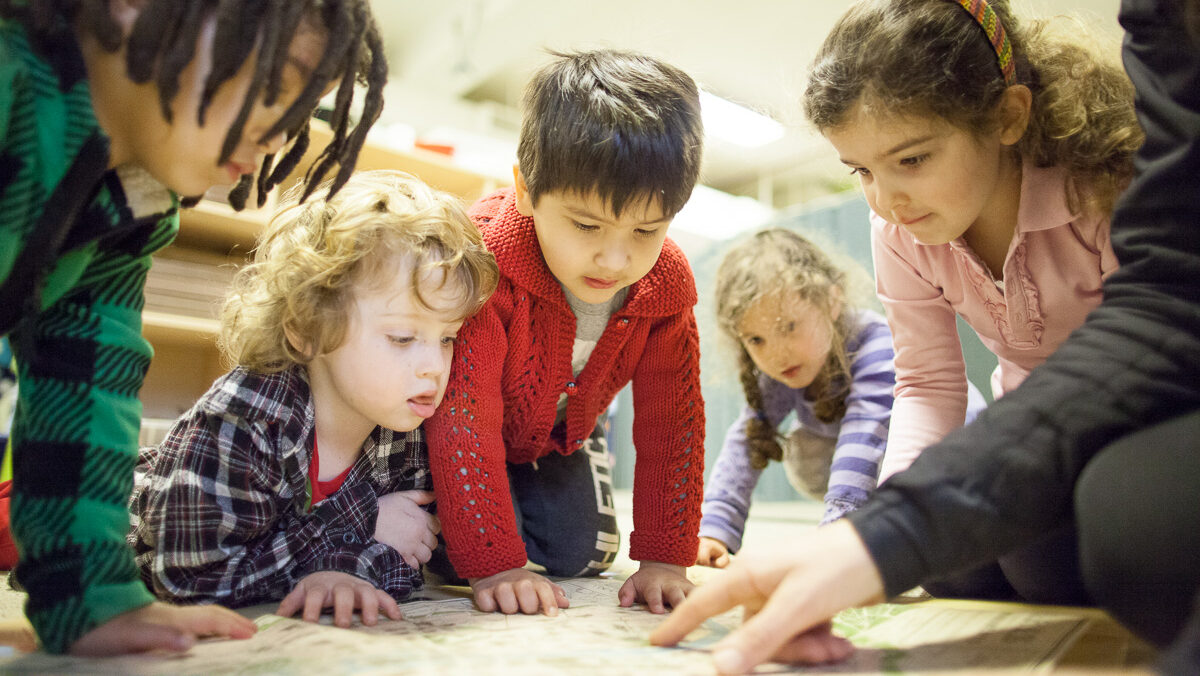
In this GLR Learning Tuesdays webinar, The Science of Reading for Emergent Bilinguals, attendees heard a riveting conversation about current work, initiatives and thoughts around centering English learners and emergent bilinguals in the realm of the science of reading. Julie Sugarman, Ph.D., with the Migration Policy Institute opened the conversation with Martha Hernandez, M.A., of Californians Together and Kari Kurto, MAT, of The Reading League. They provided background context on the joint statement, “Understanding the Difference: The Science of Reading and Implementation for English Learners/Emergent Bilinguals,” and reviewed how it came about, what was included and how it has been used since its publication.
“We wanted to connect and we wanted to learn more….We started out by understanding each other’s ‘why,’ which helped to kind of disarm everyone and break us out of our echo chambers….We asked some brave questions, and we worked to understand how to find alignment, which, spoiler alert, was not actually as hard as we thought in many areas.” – Kari Kurto, MAT, The Reading League
Next, Magaly Lavadenz, Ph.D., with the Center for Equity for English Learners, Claude Goldenberg, Ph.D., from Stanford University and Elsa Cárdenas-Hagan, Ed.D., from Valley Speech Language and Learning Center shared insights on language and literacy development, how children learn to read, and bilingual learners, respectively.
The conversation touched on the need to distinguish between the science of reading as a body of knowledge and programmatic materials branded as “science of reading.” They also discussed legislation that includes this term, and how such legislation needs to center English learners and emergent bilingual students for equitable learning opportunities. The panelists also stressed the importance of supports and systems for teachers to incorporate best practices.
“We want to make sure also that we have the opportunity for that ongoing professional development. You see, when we’re coming out of our universities today, it’s an afterthought to think about students from linguistically diverse backgrounds. They should be included in all teacher education programs because everybody will work with a student that comes from linguistically diverse backgrounds.” – Elsa Cárdenas-Hagan, Ed.D., Valley Speech Language and Learning Center


 All Events
All Events